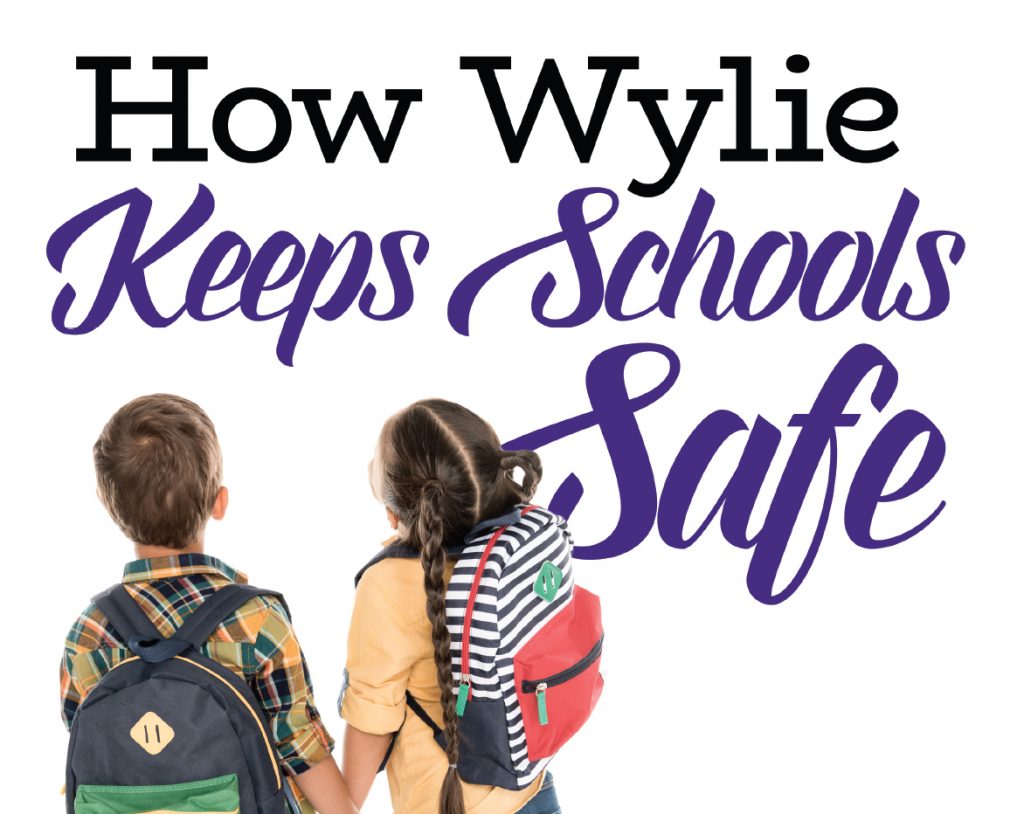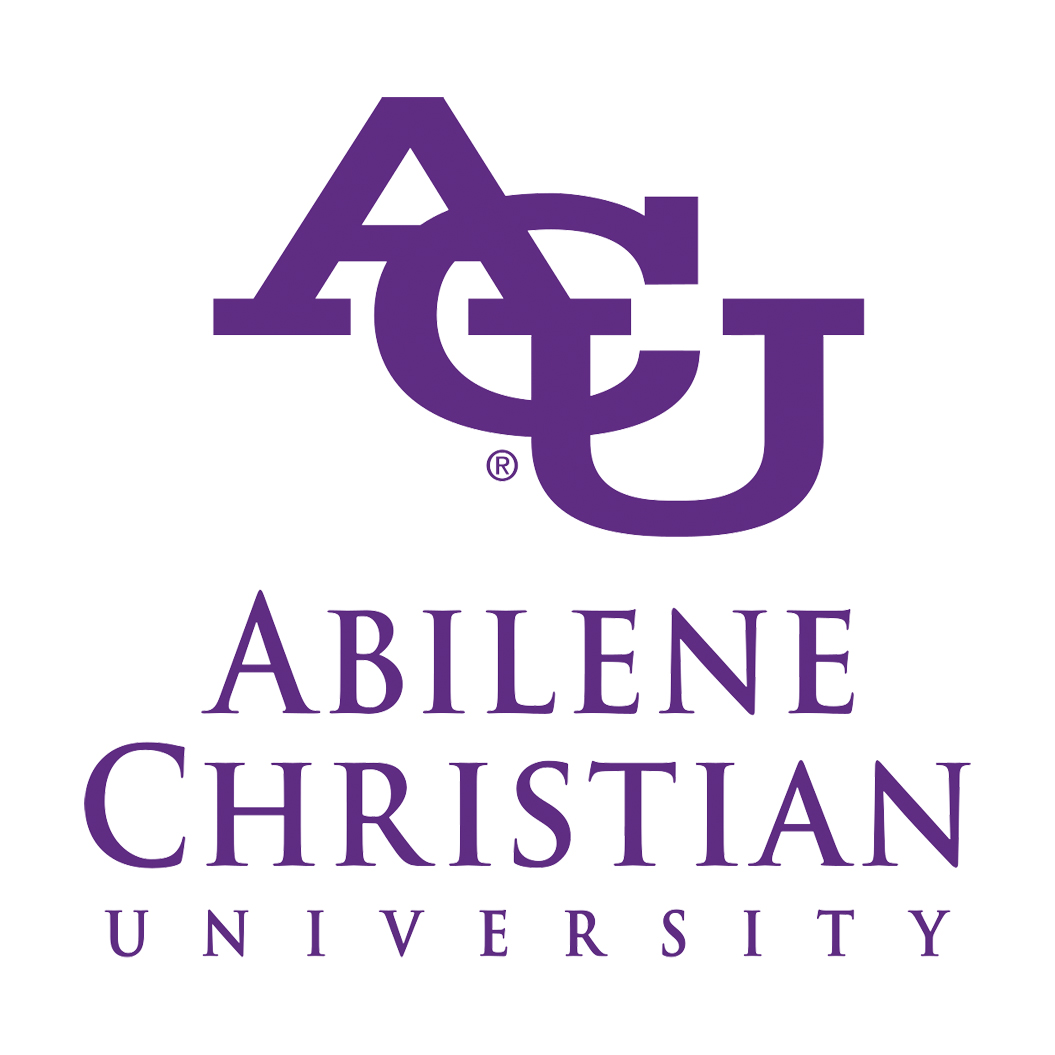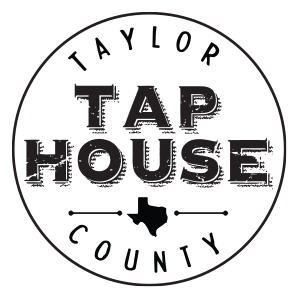School safety has become a hot topic nationwide, but at Wylie, school safety discussions have been going on for more than a decade.
In fact, over that time, Wylie has made upgrades to its facilities, added a resource officer, locked down its campuses, added more than 180 cameras, designated school marshals and much more.
“Wylie is ahead of the curve,” said Wylie Assistant Superintendent Craig Bessent. “Way ahead. As far as facilities and security and training, we spend a lot of time talking about what we will do. We drill and drill. And we train.
“We take our students’ safety very seriously.”
Unfortunately, in this day and age, school administrators must worry about a lot more than just how to best educate students – they also must decide how to best protect them.
“It’s a lot harder to be a principal now then when I was a principal,” Light said. “There’s no doubt that it’s changed. Everything we do now, we think, how does that affect the security of the kids.”

Here’s a look at some of Wylie’s security measures:
Locked Buildings/Classrooms
Wylie began locking all outside doors to its buildings in the mid-2000s and requiring all visitors to sign in and wear a name badge. The district eventually installed security in the front doors and now no one can enter any of campus without being admitted. Terry Hagler, principal of Wylie Intermediate, said every door in his building is checked eight times per day to make sure it is locked.
“All doors are locked,” Light said. “All classroom doors are locked, so if they gain access, you don’t have an easy target.”
Raptor Program
Any visitor to a Wylie campus who is checking out a student or visiting campus must present a drivers’ license. The license is swiped, and the school is immediately notified if the person is a sex offender. If the person has a parent who has a legal right to the child, he or she cannot be around any other child.
Cameras
Light said the district began adding cameras about 10 years ago, first at the high school only. Now the district has 180 cameras on campuses, plus every route bus has installed cameras.
Drills
Each campus does lockdown drills, tornado drills and fire drills. Also, each campus has emergency radios to communicate with the rest of the district if an emergency were to occur.
Training
Wylie teachers are trained not only for emergency procedures but also in first aid.
Every Wylie employee receives Stop The Bleed training as well as CRASE (Civilian Response to Active Shooter Events) training. Information on both of these programs is on the Wylie website for parents to use. Go to www.WylieBulldogs.org and click on departments at the top and go to “safety and security.”
Bessent said training is very important to make sure school personnel know what to do in all circumstances.
“There’s nothing more vicious than a 2nd-grade teacher if you look at her kids wrong,” Bessent said. “They are ready to fight. But they need tools.”
Emergency Procedures
Wylie also has procedures in place for more types of emergencies, including plans for what happens if a campus must be evacuated and how to reunite parents with students in the event of an emergency. Those are available on the website above, including a reunification video.
“Our deal is to have a plan,” Bessent said. “Don’t be unprepared.”
School Marshal Program
Wylie is part of the state’s School Marshal Program, which allows districts to designate employees for intensive training as a licensed peace officer. This allows them to carry a gun on campus and be a first line of defense in case of an active shooter. See more on the program on Page –.
Relationship With APD
Bessent said the Wylie school district has an excellent relationship with the Abilene Police Department, and the two groups are working hand-in-hand to keep schools safe.
“We make a pretty good team,” he said.
Light agreed.
“We are very involved with APD,” he said. “They know what we are doing, and we know what they are doing. It’s a coordinated effort.”
Bessent said all of the district’s safety measures have been carefully considered, researched and discussed before being adopted.
“It’s never a knee-jerk decision,” he said. “We brought in experts, even before Sandy Hook. We talked. There was a lot of input about protecting students.”
And he said the district will never be able to completely protect students.
“At certain times of the day, schools are vulnerable,” he said. “Every school is. We are not a jail. We are not a courthouse. We are not a prison.”
However, Bessent said the district has done its best to protect students even at those vulnerable times and will continue to look at every possible way to make the schools even more safe.
“We are always going to prepare,” he said. “We don’t want our students to think they are going to jail. We want them to learn and go to school. We’re responsible for their safety. We take that pretty serious. The safety of our students is a huge responsibility. We don’t take it lightly.















